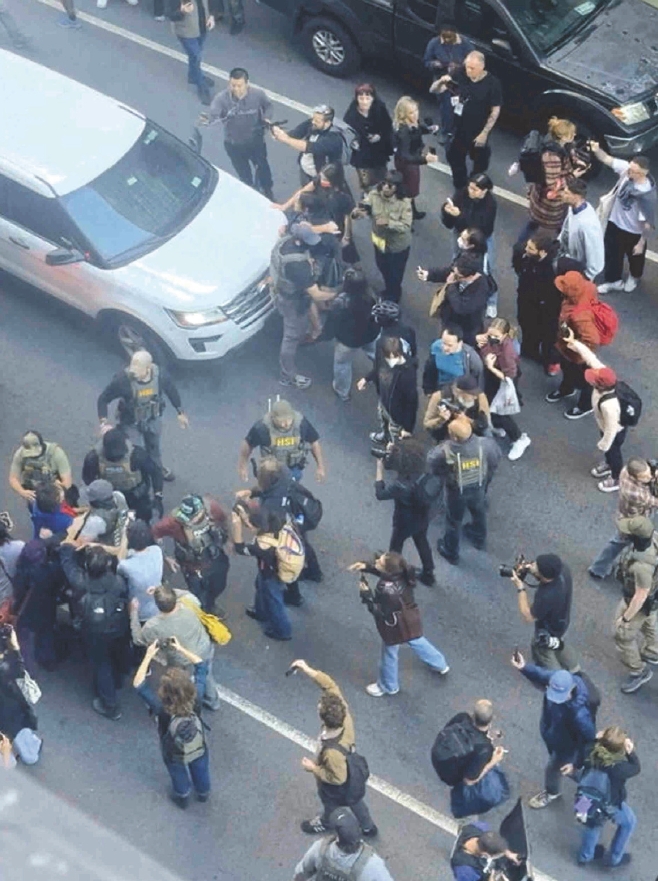U.S. Immigration and Customs Enforcement (ICE) has launched surprise inspections of companies employing foreign students under the Optional Practical Training (OPT) program, expanding its enforcement from unlawful stay cases to suspected illegal employment.

In a recent statement, ICE said it investigated several IT service firms in Virginia that hired students with F-1 visas, finding that some business sites were not actually operating or that supervisors had little understanding of visa regulations.
According to ICE, some employers claimed to hire OPT students but listed residential addresses as their workplaces. The agency said it would respond strictly to illegal employment of student-visa holders.
This marks an unusual move reflecting ICE’s intensified scrutiny of OPT hiring practices. Legal experts within the Korean American community said direct field inspections of this kind are rarely conducted.
Attorney Kwanwoo Chun noted, “After the 9/11 attacks, F-1 visa misuse led to tighter controls, but direct on-site investigations are almost unheard of today. This will put pressure on both students and employers.”
Under the new enforcement push, ICE may appear unannounced at schools and workplaces to verify visa compliance — a shift that has fueled anxiety among international students, many of whom say post-graduation job opportunities now feel like surveillance targets.
During inspections, ICE can demand bank statements, pay stubs, transcripts, employment contracts, and training plans (Form I-983). Universities are urging students, through Designated School Officials (DSOs), to keep all documents updated and answers consistent during ICE visits.
Attorney Junghoon Song advised OPT participants to always carry their Form I-20 (Certificate of Eligibility) and Employment Authorization Document (EAD) to verify legal work status. He added that any change of workplace or address must be reported immediately through SEVIS (Student and Exchange Visitor Information System). OPT employment, he said, must directly relate to a student’s field of study—nominal or third-party placements could be deemed violations.
If non-compliance is found, a student’s OPT approval or F-1 status may be revoked. Employers must also maintain genuine working relationships and ensure the training outlined in Form I-983 is actually implemented. Failing to do so can lead to program suspension, fines, or criminal penalties.
Attorney Dave Noh warned that ICE is tightening employer oversight nationwide and could soon expand inspections to western states such as California, where large numbers of foreign students work in IT and consulting sectors. “Any company violating employment rules could be inspected at any time,” he said.
BY HANKIL KANG [kang.hankil@koreadaily.com]

![“LA’s homelessness policy is broken” Katy Yaroslavsky, a Los Angeles City Council member (center), speaks about addressing homelessness and strengthening public safety at a press conference on January 29. [Kyeongjun Kim, The Korea Daily]](https://www.koreadailyus.com/wp-content/uploads/2026/01/0130-Yaroslavsky-100x70.jpg)

![Los Angeles unveils time capsule buried 100 years ago Materials from the time capsule are now on display in the lobby of the Los Angeles Central Library. [Sangjin Kim, The Korea Daily]](https://www.koreadailyus.com/wp-content/uploads/2026/01/0130-timecapsule-1-100x70.jpg)